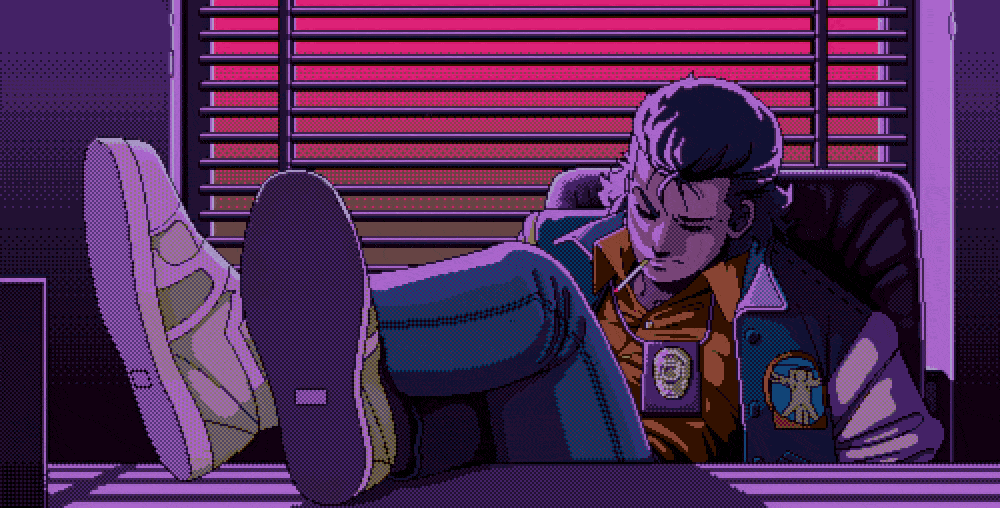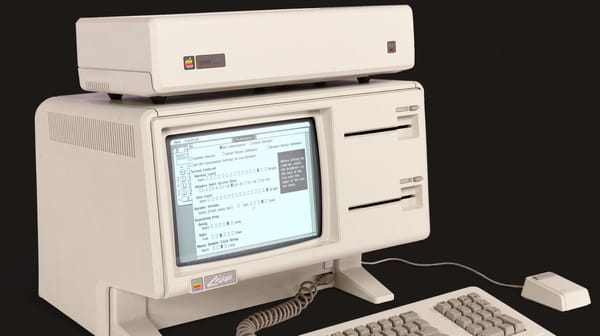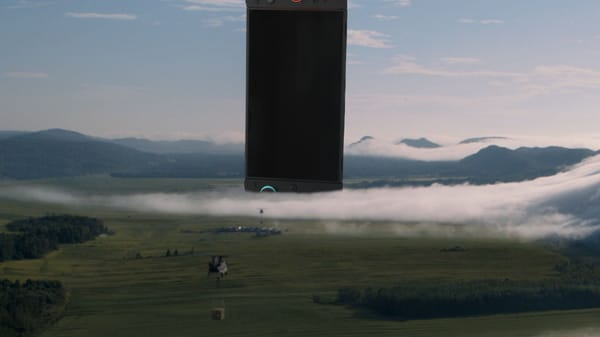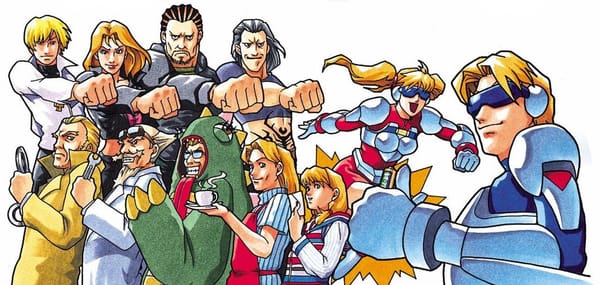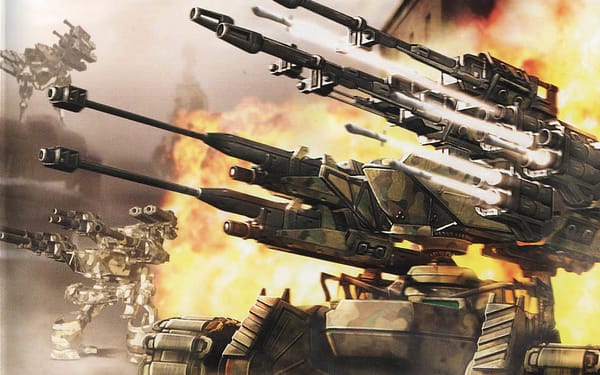WTF happened to Yuzu, and what comes next?
The likely repercussions of the most dramatic emulation events in recent history, and a small tribute to Akira Toriyama.
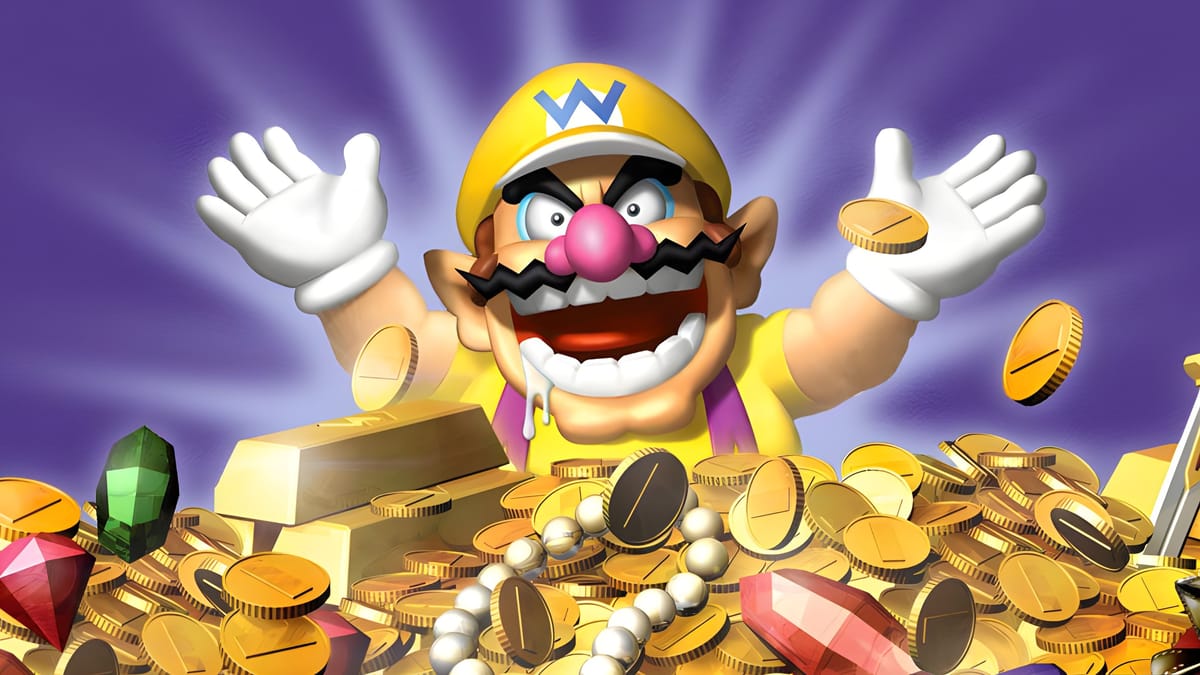
Wow! What a boring couple weeks in the the hobby of emulation, huh? Just dull as all heck. Nothing happening. Definitely not the most consequential two weeks of the last 20 years for playing console videogames on computers; heck, it's probably perfectly fine for me to go to a press junket for Dune: Awakening in Los Angeles on a Tuesday. What could happen while I'm there for the day? It's not like Nintendo would sue an emulator developer or something. 😂
Now to take a bite of artfully plated crudité, pretend I actually like celery, and check my favorite videogame websites —

Oh shit. Oh hell. Oh geez.
Folks, lemme tell ya — my February 27th was pretty dang stressful, though I imagine not as stressful as waking up to the legal equivalent of an M16 in your face! About an hour before I sat down to watch a three hour movie about big worms, Stephen Totilo broke the news (as far as I know) that Nintendo was suing Switch emulator Yuzu, blaming the developers for, among other things, facilitating the piracy of 1+ million copies of The Legend of Zelda: Tears of the Kingdom. If you'd like to picture this moment, see the above, but give Cary Grant a beat-up iPhone 8 in one hand for Slack, a Galaxy Flip in the other to frantically DM people on Discord and look up the Bleem! and Connectix legal precedents. (Also subtract like 50 handsome points cause I'm not giving myself that kind of credit). Props to my PC Gamer brother of a thousand battles Andy Chalk for doing the heavy lifting on the news coverage that day with a little help from me as I stress-inhaled cookies.
So that happened. And then Yuzu got a lawyer, setting us up for what could be the first emulation lawsuit since the early 2000s, a case that could dramatically lighten or darken the "grey area" everyone loves to refer to emulation's home as. Scary, but also in some ways exciting. I was ready for this story to play out over a course of months or years, because nothing makes it through the legal system quickly, right?
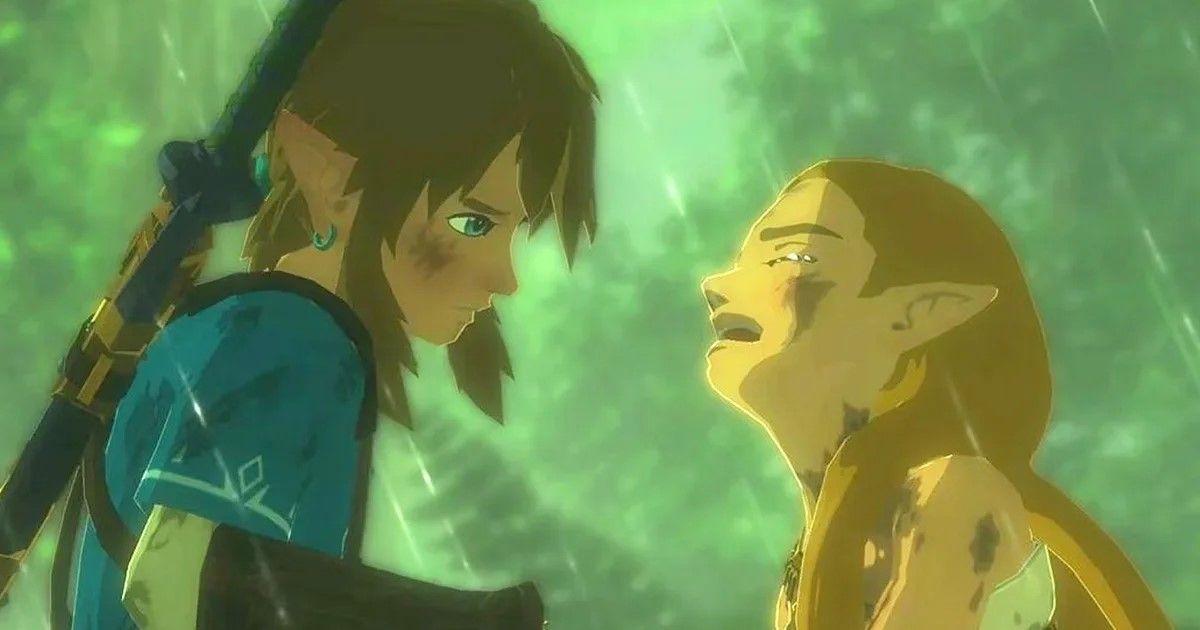
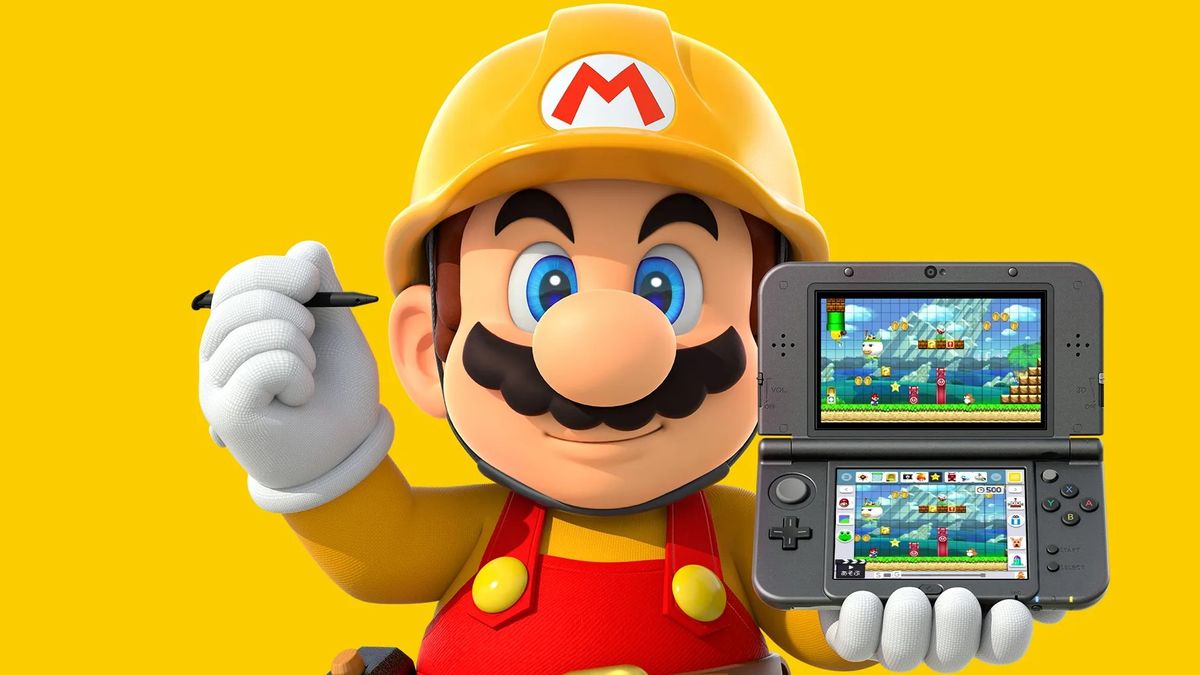
Ah. Well then.
The speed that all this went down was hard to believe, let alone do any reporting around in my currently pinched free time. Last year I got called in for jury duty, and it took me three days of sitting around at the courthouse to eventually not have to even serve on the jury; I don't know how much longer than that it took them to fill out the final panel, but I have a feeling it was about the same amount of time the entirety of Nintendo vs. Yuzu blew up and then blew over. A week! So much for months or years. Yuzu settled incredibly quickly, promised an amount of money that sounds life-ruining even if you consider the proceeds it was pulling in via Patreon, and the emulator website, Github and Discord were all taken down within hours on Monday.
"Blew over" isn't quite right though, is it, because things are very much still Happening.
Instead of the potential promise of a new landmark legal decision, we've been left with a whole lot of confusion, fear, and uncertainty about what comes next. Was this just an opening salvo? What's coming next?
That's the big question, but not one with an easy answer.
The Big One
1. Emulation after Yuzu

I'm not going to recap every little thing that happened with Yuzu, because if you read this newsletter you probably have a rough sense of what happened. You maybe didn't get to watch it happen, though. I sat in the Discord channel during Yuzu's final moments, and it was a whole lot of this image being posted over and over again, alongside lots of "fuck Nintendo" and "it's joever" and "fork the code!"
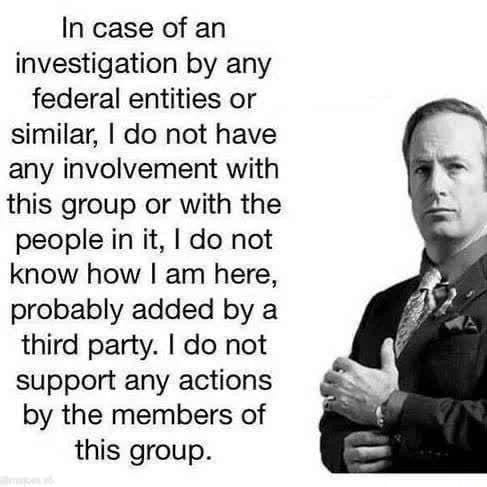
At the same time the Discord shut down, Yuzu's developers were taking down the website and Github archive. Here's the high level important legal stuff that really matters:
Nintendo sued a limited liability company called Tropic Haze, seemingly created by lead dev Bunnei to handle the Patreon for Yuzu (and 3DS emulator Citra, which he also helped create). Instead of a protracted legal case they may well lose, the emulator developers settled, put out a clearly-legally-mandated statement that "we see now that because our projects can circumvent Nintendo's technological protection measures and allow users to play games outside of authorized hardware, they have led to extensive piracy," and shut everything down. Citra also had to shut down alongside Yuzu due to its connection to Tropic Haze.
The terms of the settlement include a permanent injunction against:
- Continuing to develop Yuzu, any other software or device that circumvents Nintendo copy protection
- Providing access to Yuzu software or its website, social media, Discord community, etc.
- Infringing on Nintendo's copyright or intellectual property
- Weaseling out of the above by forming a new entity
That applies to Tropic Haze as well as associated "third parties," though I'm skeptical that's very enforceable. There are presumably Yuzu developers who lived outside the United States who aren't bound by this agreement; there are presumably also other volunteer contributors to the open source project who never saw a dime from the Patreon. Only Bunnei was named in the suit. My IANAL takeaway here is that plenty of people who helped create Yuzu can still contribute to other emulators if they want to. But right now that feels like a big if.
Two of the most high profile emulator projects were wiped out in an afternoon. In the days since, more have followed. The developer of Pizza Boy, a paid Game Boy emulator for Android, pulled it from the shop, writing "I have chosen to prioritize my family over the development of my apps." A 3DS homebrew developer pulled their tools from Github. Android DS emulator DraStic went free, will soon go open source, and the developer says they plan to pull it from the Google Play store at some point.
Legally, the Yuzu settlement sets no precedent. But you can sure as hell feel the chill cast over the whole scene.
Nintendo took nearly a year after copies of Tears of the Kingdom leaked early and spread across piracy sites to make its retaliatory move against emulation, but this sure turned out to be on point, eh?
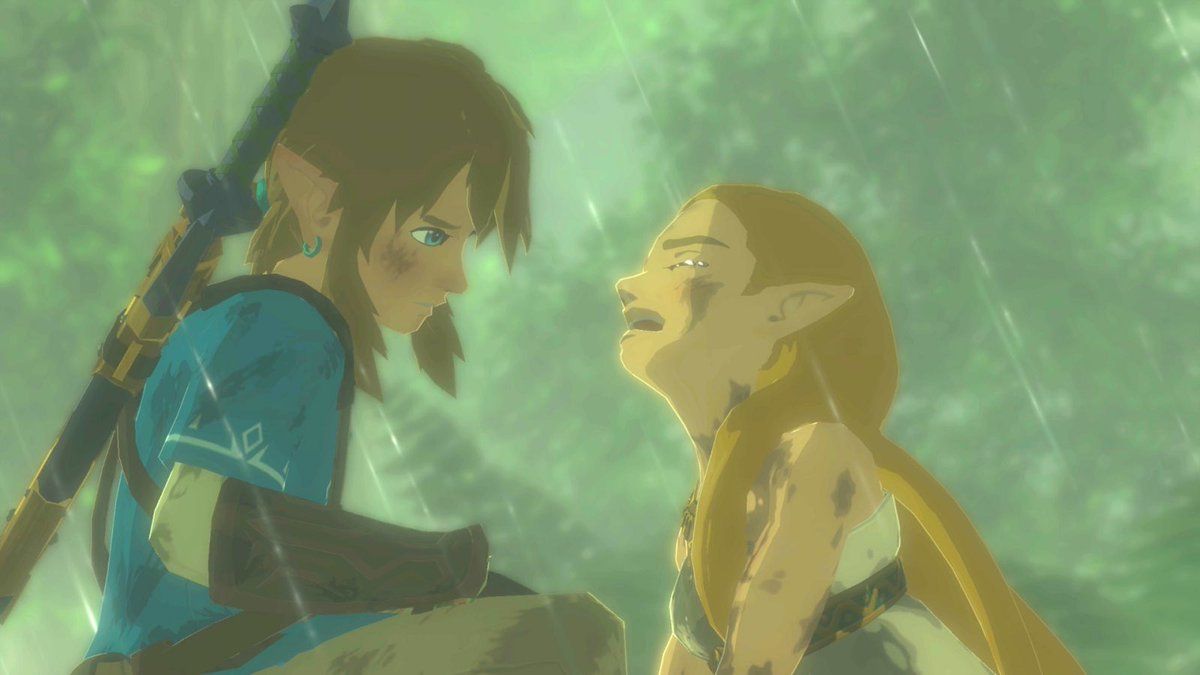
Nintendo has previously gone after hardware hackers and modchip sellers who blatantly cater to pirates, shutting down their businesses and saddling them with multiple lifetimes of debt. But it's bad PR to sue everyday joes who pirate games, and almost certainly costs more in lawyer fees than Nintendo could ever recoup. Likewise, it's probably bad PR to sue the average emulator developer contributing to free software that's also been touched by dozens of other people. There's no money to be made there, and no practical path to ending that emulation.
But suing an LLC? There's the cha-ching. There's the big flag Nintendo's lawyers can wave in the air that says "We will fuck you up."
I still strongly believe that emulator developers do incredibly hard, skilled work and deserve to be compensated for that labor if they choose to be. I would love to see them all thriving on Patreon. But the Yuzu case makes it very clear that earning any amount of money puts a big target on you, especially if it gives Nintendo a legal entity to sue.
Nintendo's lawsuit declares "there is no lawful way to use Yuzu to play Nintendo Switch games, including because it must decrypt the games' encryption." Nevermind the fact that Yuzu doesn't include the encryption keys itself — Nintendo says it's just as bad that they offered instructions on how to get them on its website. As a lawyer told Ars reporter Kyle Orland in this helpful breakdown of the case, "instructions and guidance are not circumvention," but in court Nintendo's lawyers may have been able to successfully argue that the emulator developers were blatantly enabling and encouraging the circumvention of encryption.
But that line from Nintendo — "there is no lawful way to use Yuzu to play Nintendo Switch games — absolutely sticks in my craw. To me that argument suggests only one thing: the law is bullshit.
Based on screenshots that started floating around after the lawsuit was filed, it seems likely the Yuzu developers were playing fast and loose internally with piracy, an obvious no-no that would make them look very, very bad in court. But ultimately that was not what the lawsuit was about; the Yuzu developers were not being sued for downloading games, or for ripping them and sharing them amongst themselves. They were being sued for breach of section 1201 of the Digital Millennium Copyright Act, a bad law full of broad, overreaching protections for corporations that threaten what in my opinion should be absolutely legal acts of reverse-engineering.
To quote Techdirt's Mike Masnick, who writes bluntly and fiercely on issues of copyright and intellectual property, section 1201 "seems to be almost entirely evil:"
"This is the DRM part of the law, that basically said doing anything related to getting around “technical protection measures,” was itself copyright infringement, even if the reason you were getting around the “TPM” had nothing whatsoever to do with copyright infringement.
"This has resulted in all sorts of nonsense, and serves no real purpose other than to enable companies to abuse the law to enable lock-in and remove consumer rights. The weak triennial review process, by which the Librarian of Congress agrees to exempts certain technologies from 1201 has gotten better over time, but has not fixed the fundamental problems of 1201, which is inherently a law that says you can’t modify products you actually own."
Due to the rudimentary security of the original PlayStation, the legal cases against Bleem! and Connectix didn't have to reckon with this aspect of the DMCA. But emulators of modern systems do, which is why Nintendo didn't have to try to prove that Yuzu had stolen its copyrighted code, and it didn't matter if the emulator was developed in a perfect "clean room" manner without a hint of information illegally pulled from proprietary documentation. The act of daring to violate a technical protection measure was all it took to damn them.
Exemptions to 1201 exist to allow for reverse-engineering software, but are narrow and largely untested in this context. So until a clear exemption is added to the DMCA to bolster our rights to tinker with gaming hardware and software that we buy, this aspect of the law will continue to do what the Electronic Frontier Foundation said it was doing a decade ago: "stifle a wide array of legitimate activities," including "chilling free expression and scientific research," "jeopardizing fair use" and "impeding competition and innovation."
If you buy a Switch, you should be able to dump its encryption keys, and you should be able to study it and write software to reproduce its functions if you have the skill it takes to do so. If you buy a game, you should be able to back it up. If you buy a Kindle book or an iTunes MP3, you should be able to strip that DRM and put it on the device of your choice. So it should be, but the law unfortunately doesn't offer us these clear protections.
So where does the last two weeks leave emulator developers? Technically nothing's changed. Tonally everything has. Hobbyist developers will almost always have to fold in the face of a lawsuit from a billion-dollar company they can't afford to fight; that isn't new. But we've shifted from threat to reality, where maybe Nintendo's tasted enough blood in the water to push more cases regardless of merit.
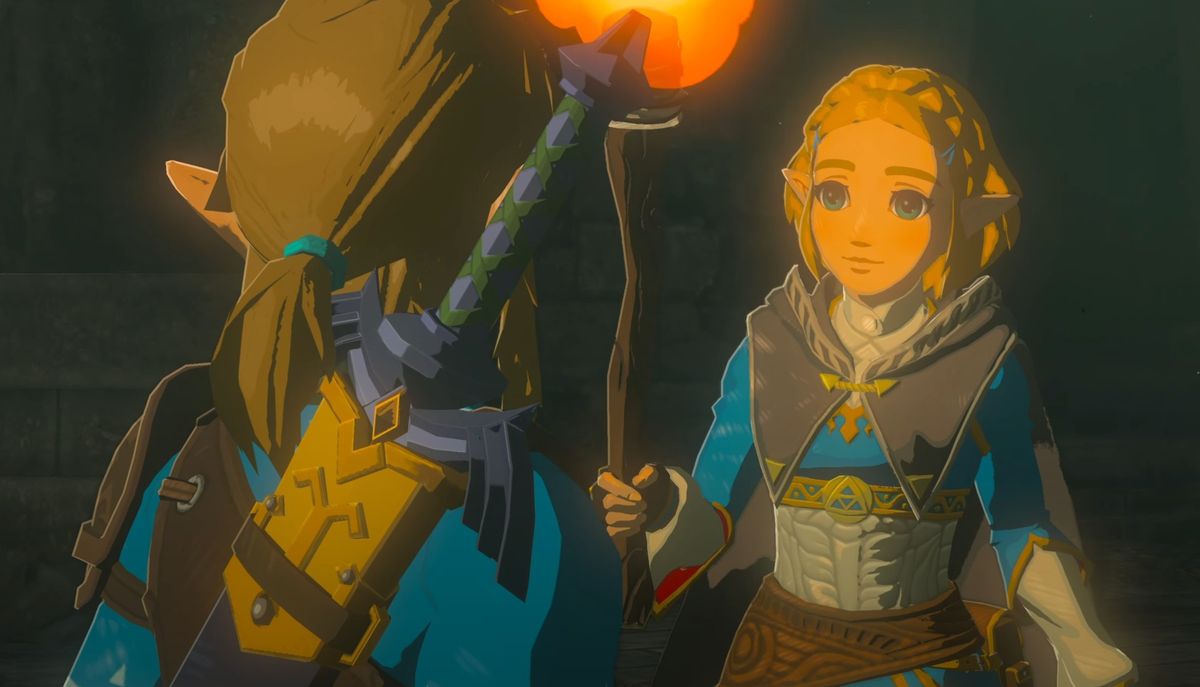
Or maybe this was truly a one-off, the result of Yuzu being a little too cavalier around piracy and Patreon and Nintendo being out to protect the backwards compatibility prospects of the Switch 2. Some people are now acting like Yuzu had it coming, but seeing my own reporting mentioned in the lawsuit reinforced for me how much lawyers will bend any innocuous thing their way to make it sound like proof of guilt. They cited that "in an interview Bunnei game to PC Gamer" ⬆️ he stated Yuzu's developers were aware people were modding Tears of the Kingdom to get it running in the emulator pre-release. I mean... duh? Of course they were aware! How could they not be aware? What are they guilty of, not doing the 'see no evil' pose for two weeks 🙈? The lawyers also claim "thousands of additional paid members of Yuzu's Patreon signed up so that they could download the early access build and play unlawful copies of Zelda: TotK," making it sound an awful lot like Yuzu's developers were updating the emulator to play Tears of the Kingdom pre-release.
But they weren't. That didn't happen.
Perhaps all the devs had pirated the game in secret and were getting updates ready for day one, I don't know — but I do know they weren't releasing builds to support it until the release day, no matter what the slippery legal phrasing implies. (Also, can I just be pedantic and mention that the lawsuit also claims Yuzu made "$50,000 plus" from selling more than 10,000 copies of the $5 Android app, conveniently ignoring Google's cut? Lazy math there from someone who's probably making like $500 an hour).
One gut feeling I'm left with after all this is that even if emudevs are completely above board, they're all probably better off avoiding saying anything in Discord communities where every word is logged, screenshottable, and can potentially be subpoenaed. Go back to the bowels of IRC. Move to Signal or something else encrypted. Avoid the guilt-by-association of a bunch of dumbasses wandering into the server every day to ask how to play the game they obviously just pirated.
For now, I'm just crossing my fingers that ROM doesn't end up having to become a chronicle of emulators getting sued or shutting down out of fear over the coming weeks and months. Guess we'll find out.
Patching In

PCSX2 gets a little DualSense light toggle – I love any feature that lets me turn off unnecessarily bright-ass LEDs, so thanks to PCSX2 contributor dreamsyntax for this one. It lets you turn off the little in the middle of the DualSense. Good.
Vita3K now shows you your real battery level – This is cute. The emulated Vita's battery reading will now represent a laptop or Android phone's actual battery level and change the icon accordingly.
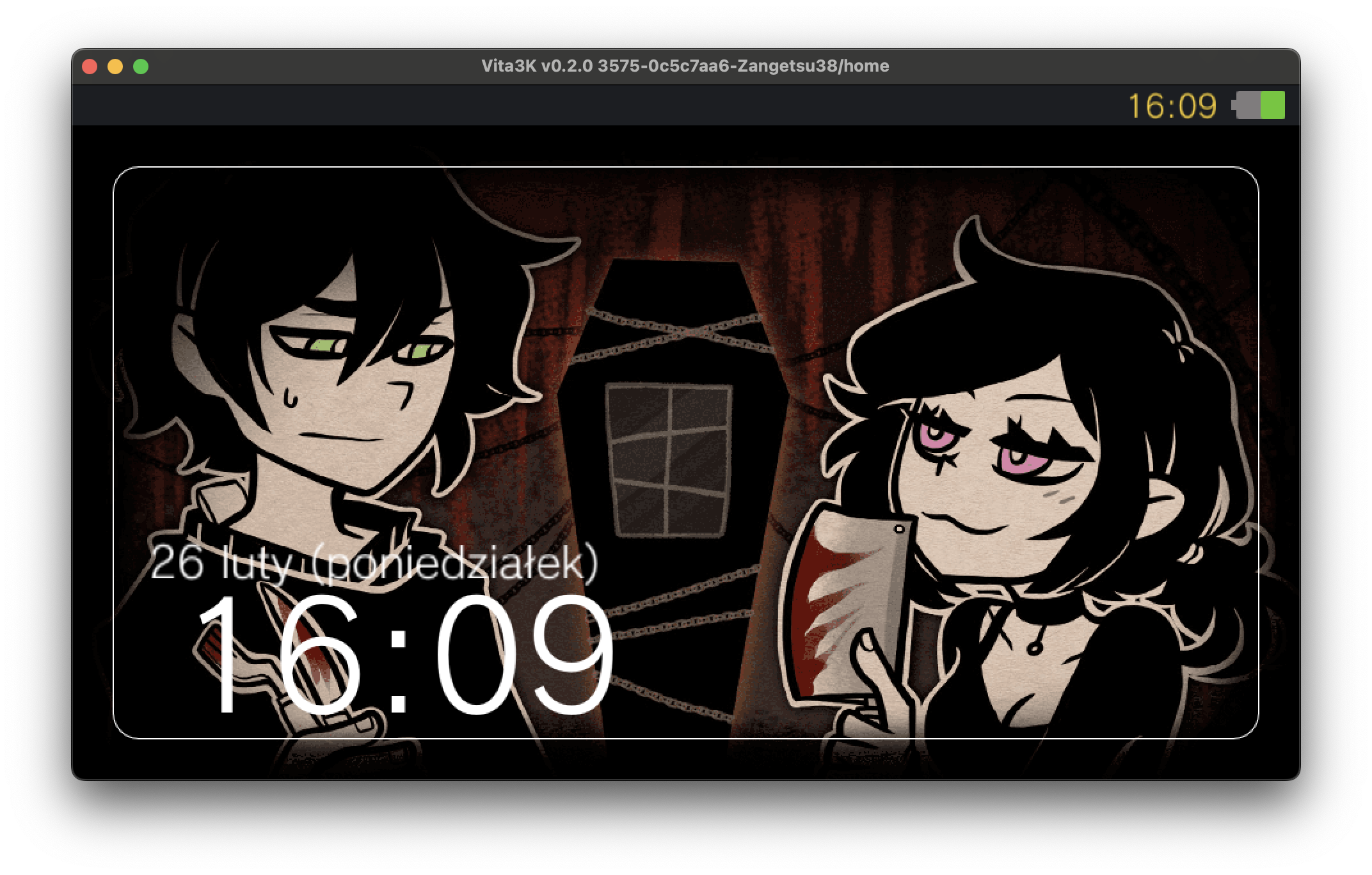
RPCS3 0.0.31 collects 2 months of bugfixes – You can always use RPCS3's built-in updater to hop on the latest incremental build, but this is a nice overview of the updates since January, including fixing a graphical regression in Little Big Planet, preventing the virtual PS3 HDD from getting "corrupted" (which seemed to happen every dang time I turned off the console) and making it possible to play certain PS3 music games with Wii instrument controllers instead. Got any of those in the closet?
Core Report

MAME .263 adds two new Tigers – Every MAME release is packed with little improvements of course, but this is a fun one: Tiger handheld games Double Dragon II: The Revenge and Mighty Max! Are they good games? No, absolutely not! But they'd also likely disappear forever if not for MAME. Quite a few MAME contributors today are dedicated to preserving these rare and obscure kinds of devices, like this plug-and-play system based on a Japanese TV show coming in the next update.
MiSTer gets a Game Boy MIDI core – Continuing the legacy of chiptune on the Game Boy, composer ModalModule made a specialized core. The pitch: "Ever wanted to shred on a game boy, but without the game boy, but still have it sound *identical* to the GB, and not even require a computer?" And the results:
The latest version of #GBMidi for #MiSTerFPGA has just been released. This version includes implementation of the wave and noise voice channels, completing the available voices of the Game Boy! Here's a track I threw together using it! :) (Link below) pic.twitter.com/4RIYmTSpm4
— ModalModule🎵➡️🕹 Comms *Closed* (@ModalModule) March 6, 2024
Translation Station

Political Simulation - Planet of Conspiracy: Shancara – Here's a Famicom game I have sure never heard of with a classically Japanese long-ass title. Hacker BlackPaladin has been on a roll recently, releasing a Famicom patch every month or two, including the Fist of the North Star game featured last issue, but a bunch of people contributed to make this one possible. At a glance it's dystopian and full of monsters — in other words, a perfectly accurate simulation of futuristic 2024 politics! Here's a quite cool video on its board game inspirations.
Silhouette Mirage + Working Designs, Saturn style – If you fancy a '90s Working design script with the more detailed graphical flourishes of Treasure working on the Saturn over the PlayStation, that English script has now been ported into the Japan-only Sega version of the game.
Good pixels

As a tiny and humble dedication to the irreplaceable Akira Toriyama, who died last week at the age of 68, a collection of art from across 30 years of good, bad, ugly and beautiful Dragon Ball games.
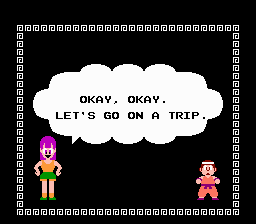
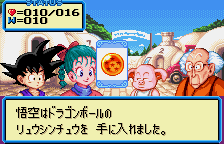
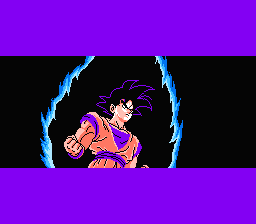
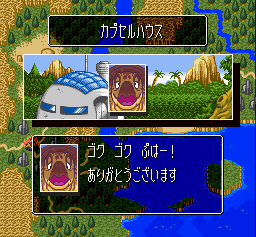
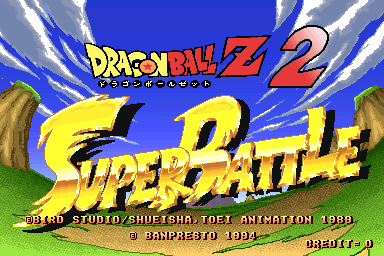
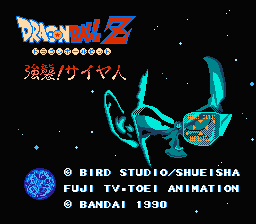
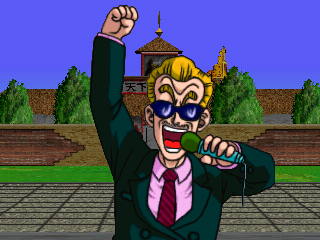
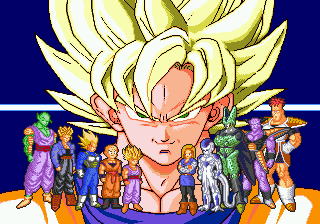
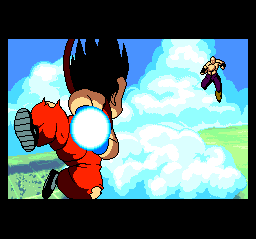
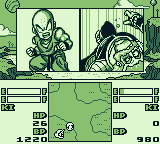
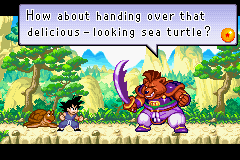
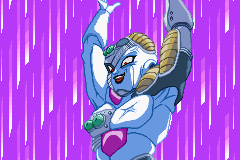
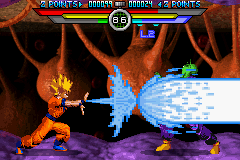
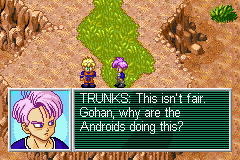
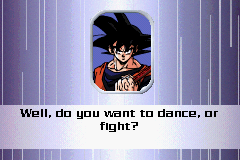
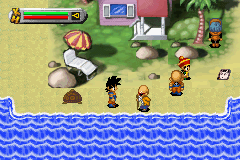
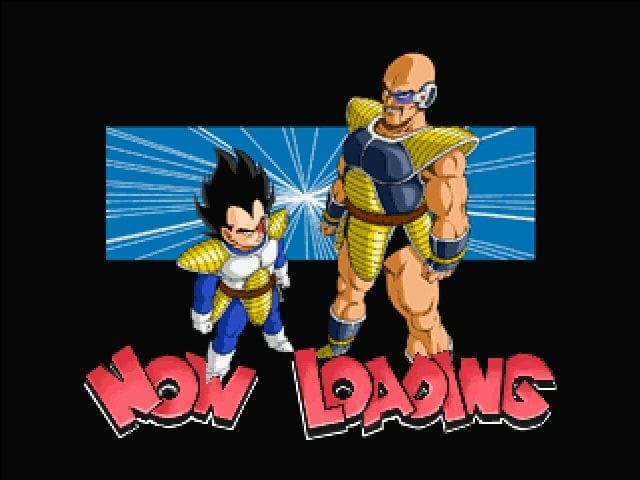
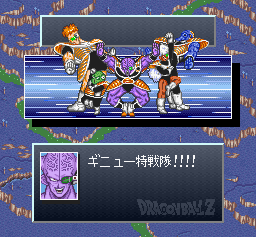
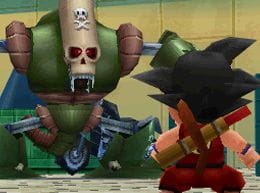
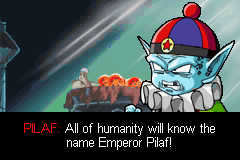
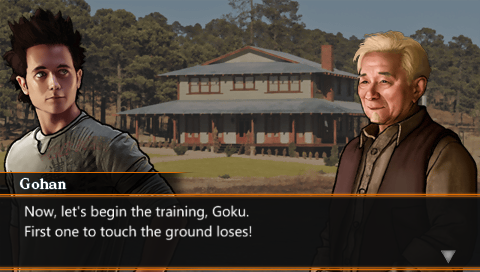
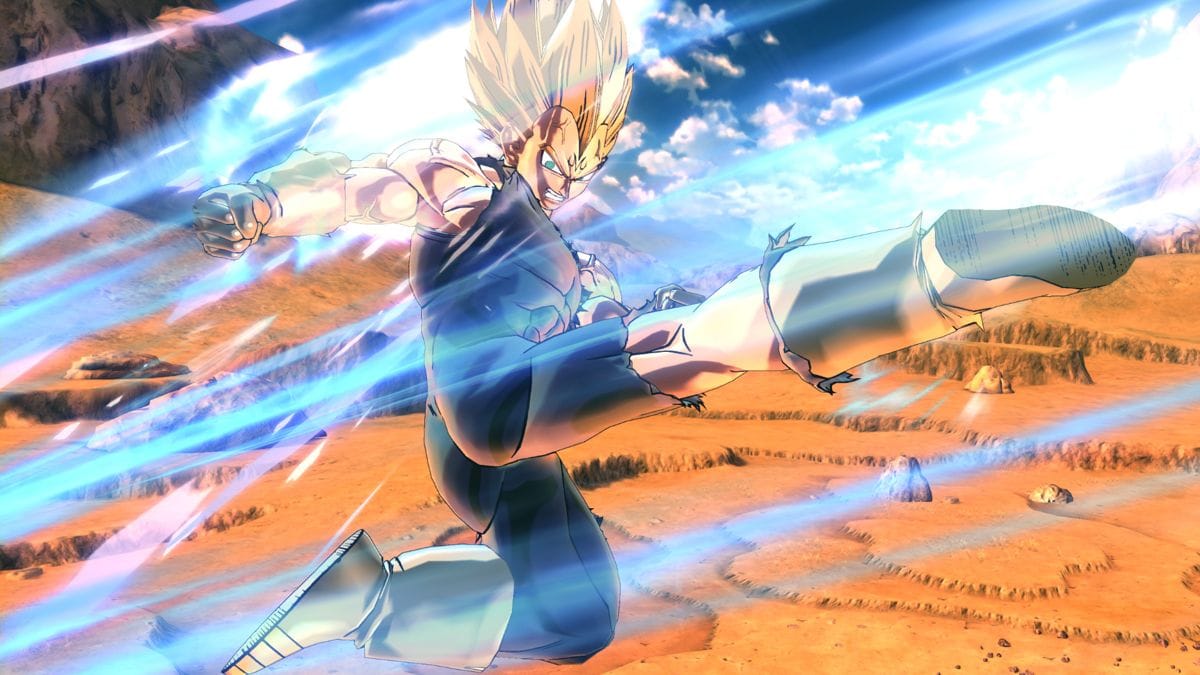
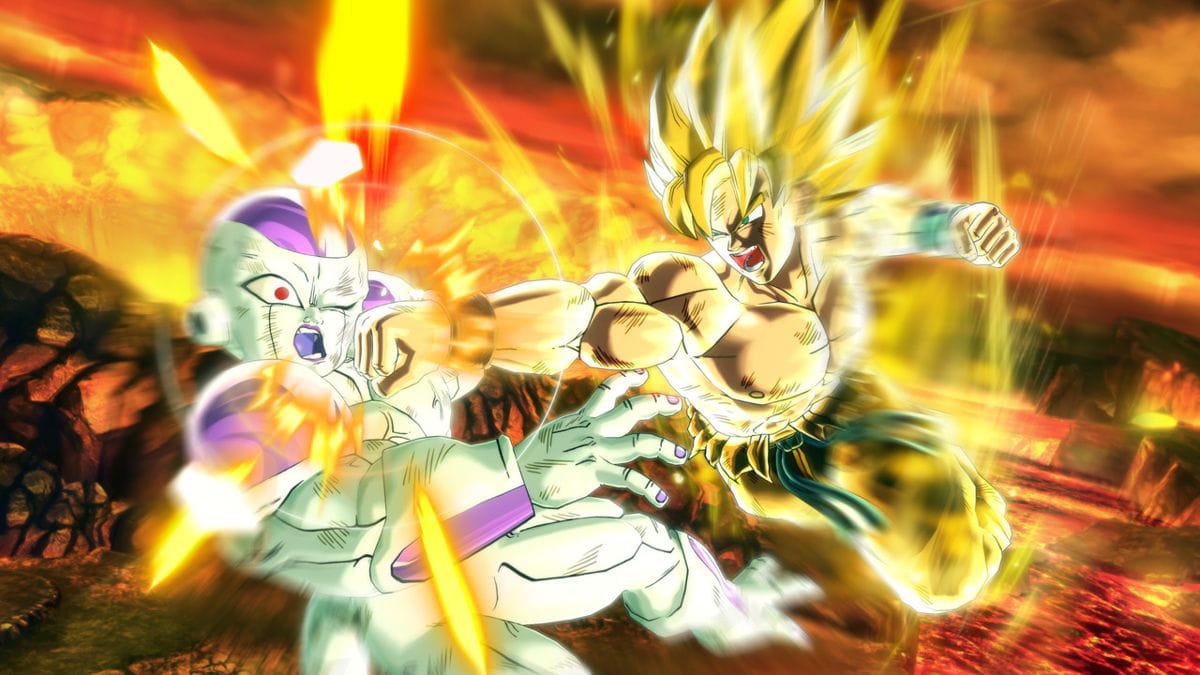
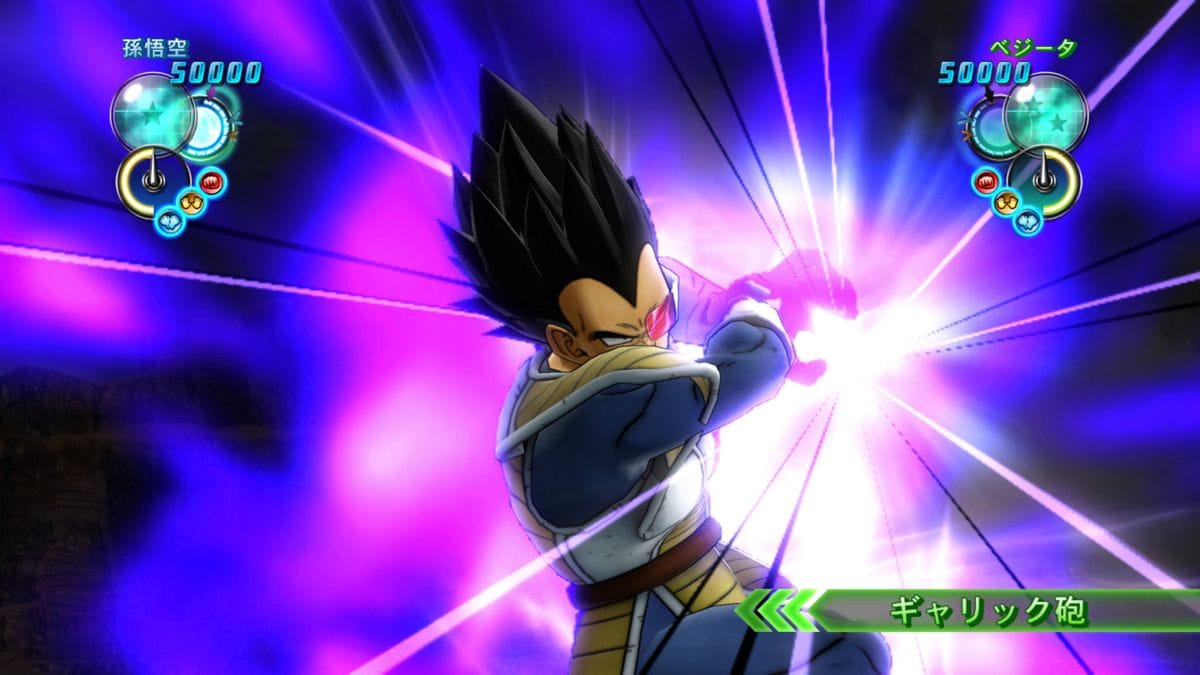
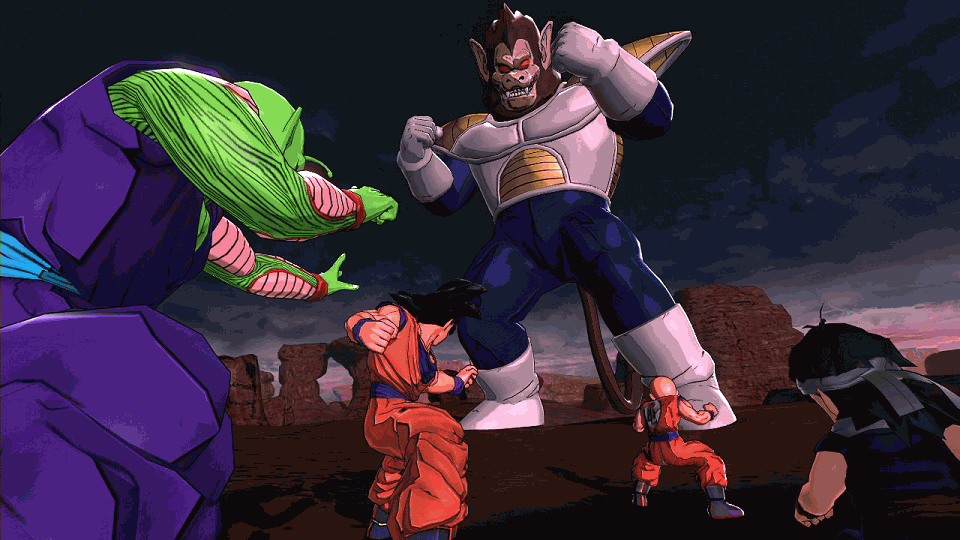
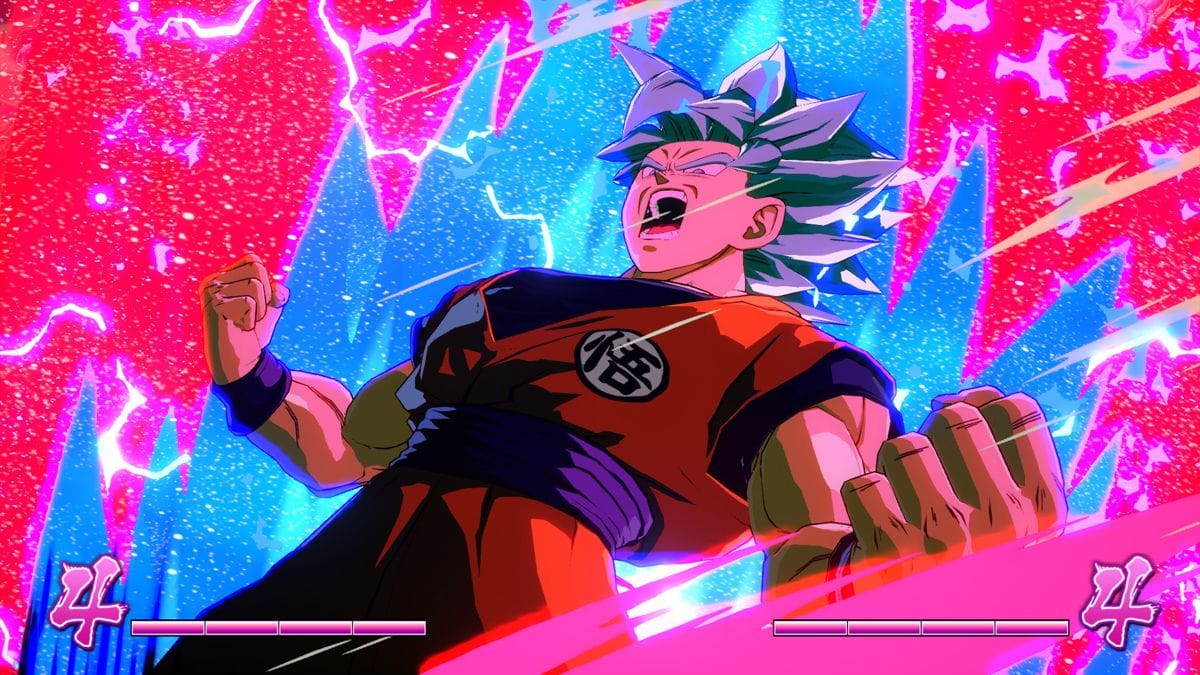
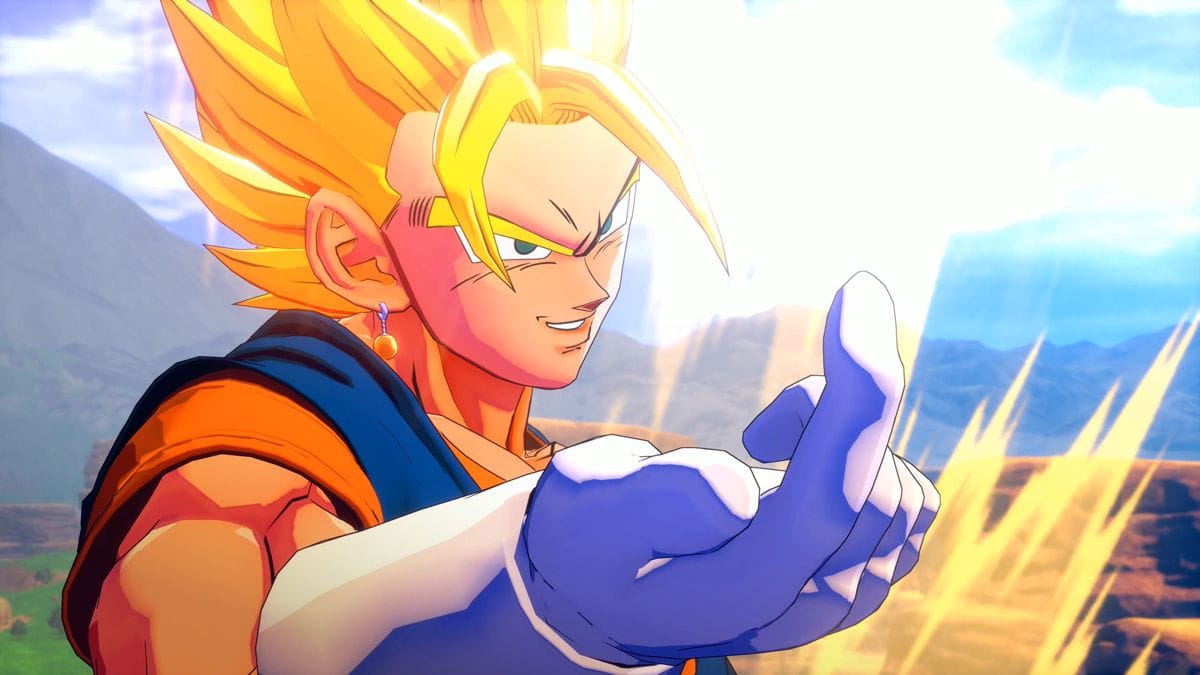
All screenshots via Mobygames
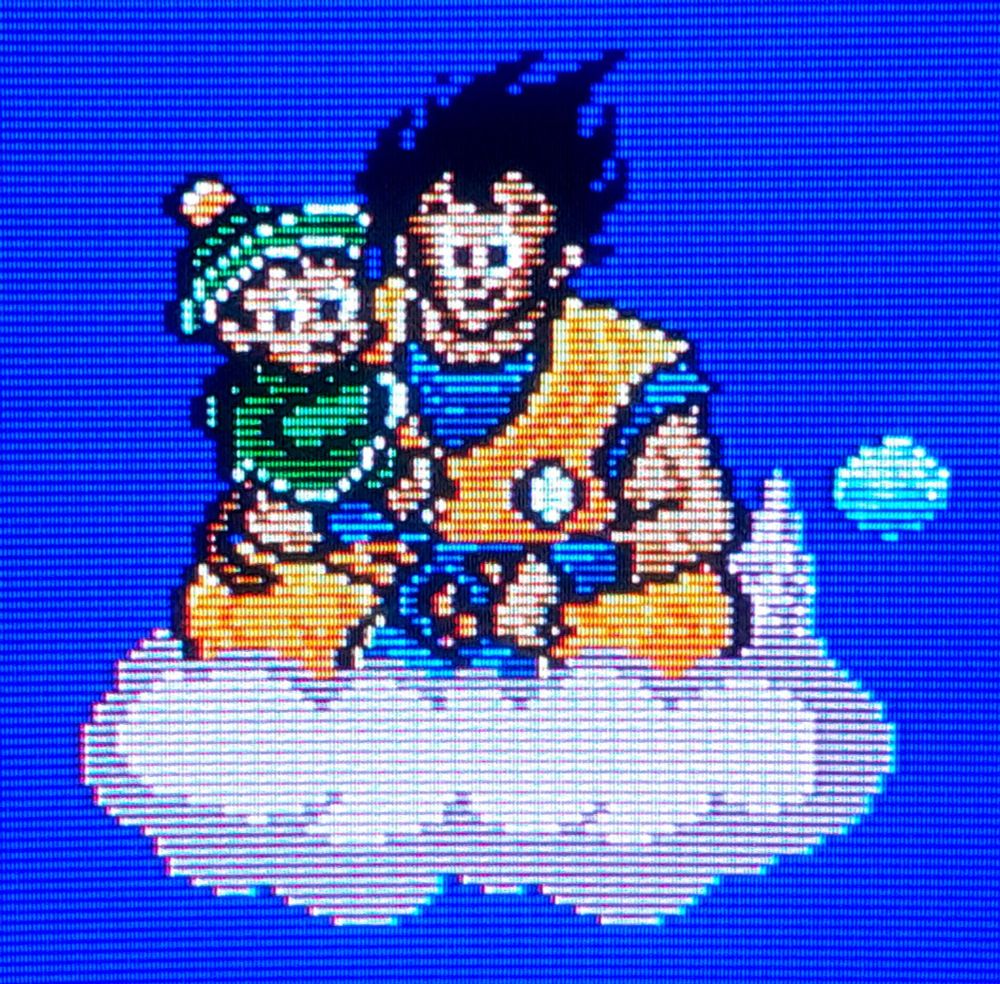
See you next battle.



